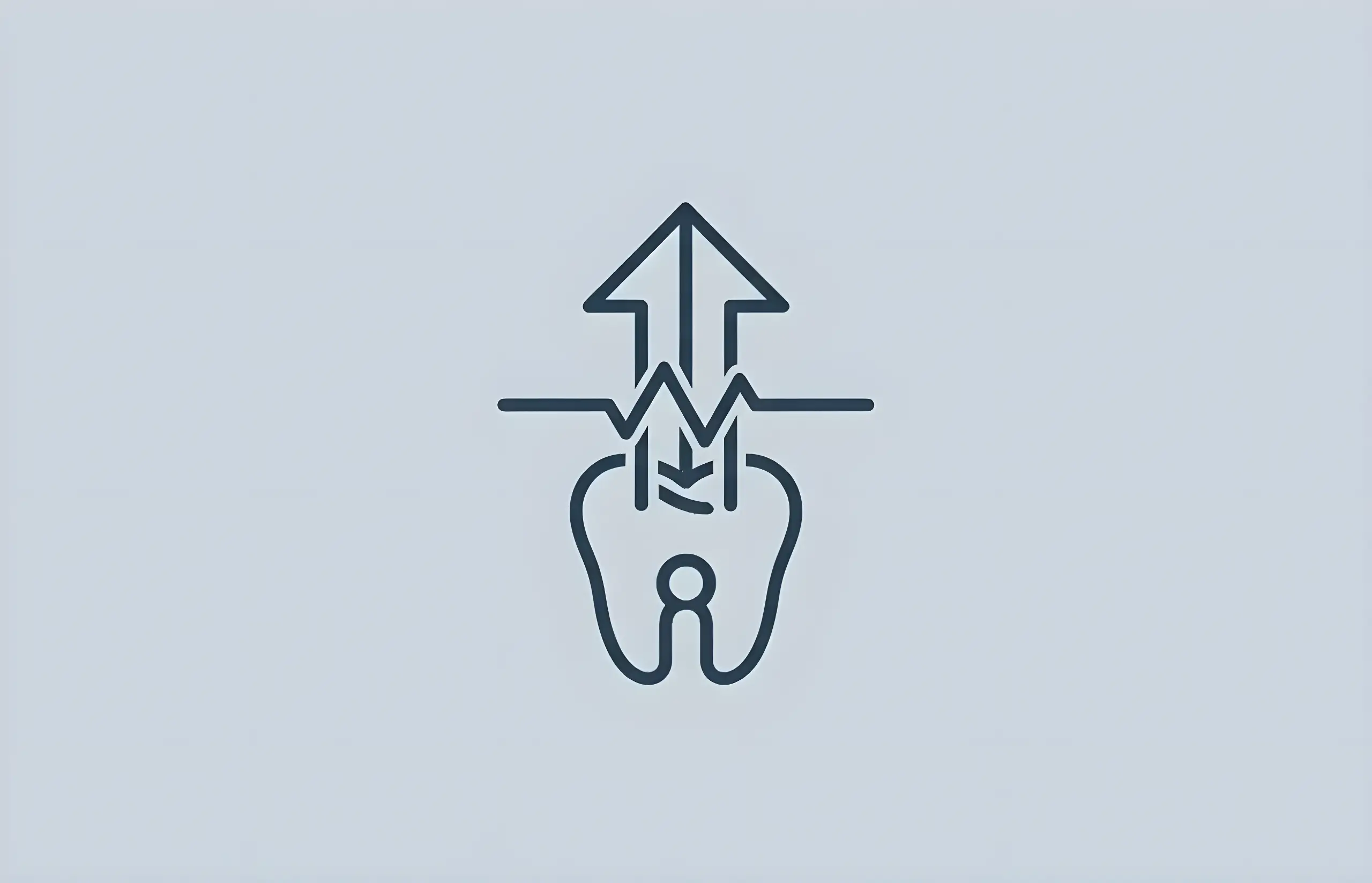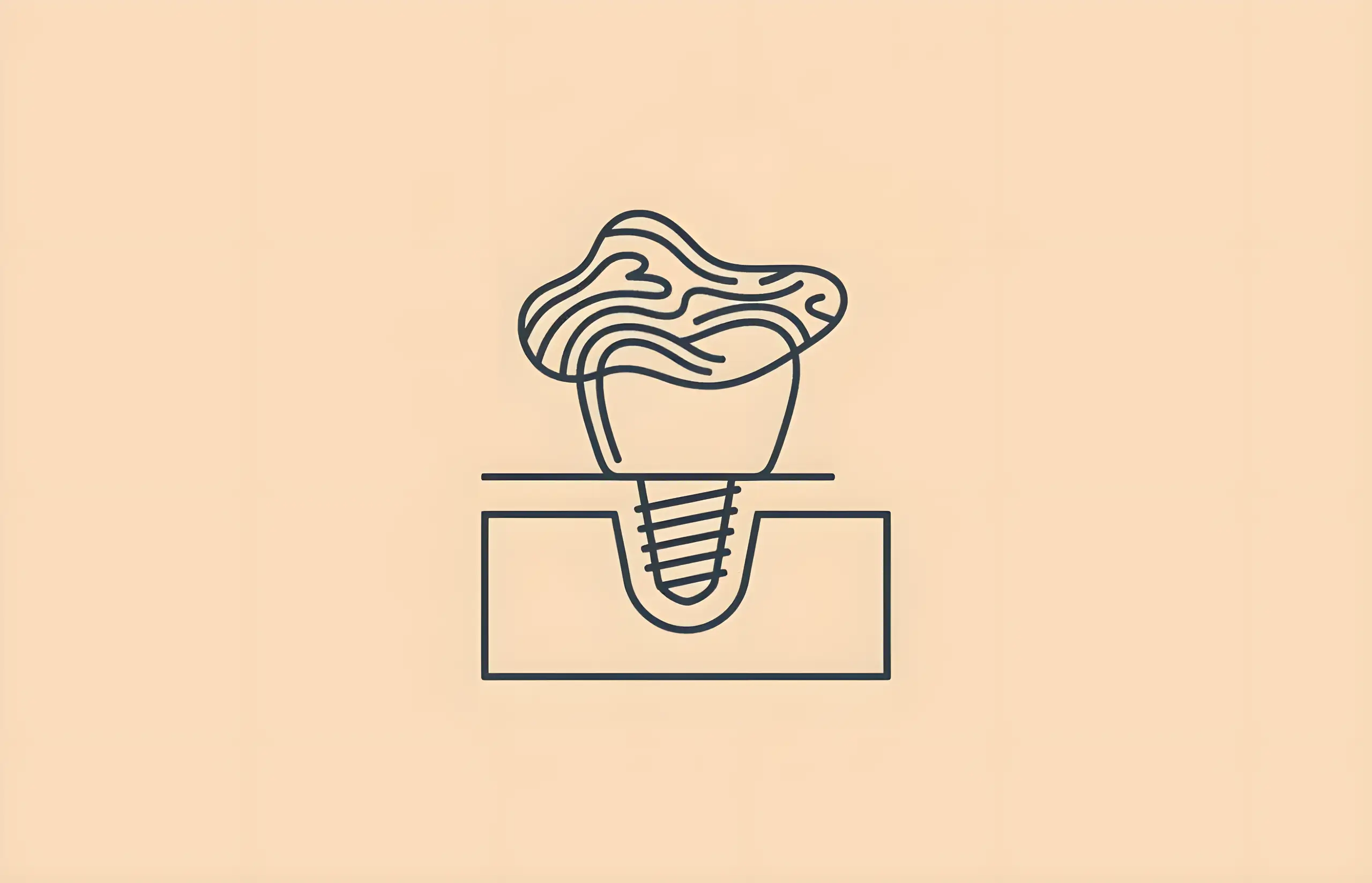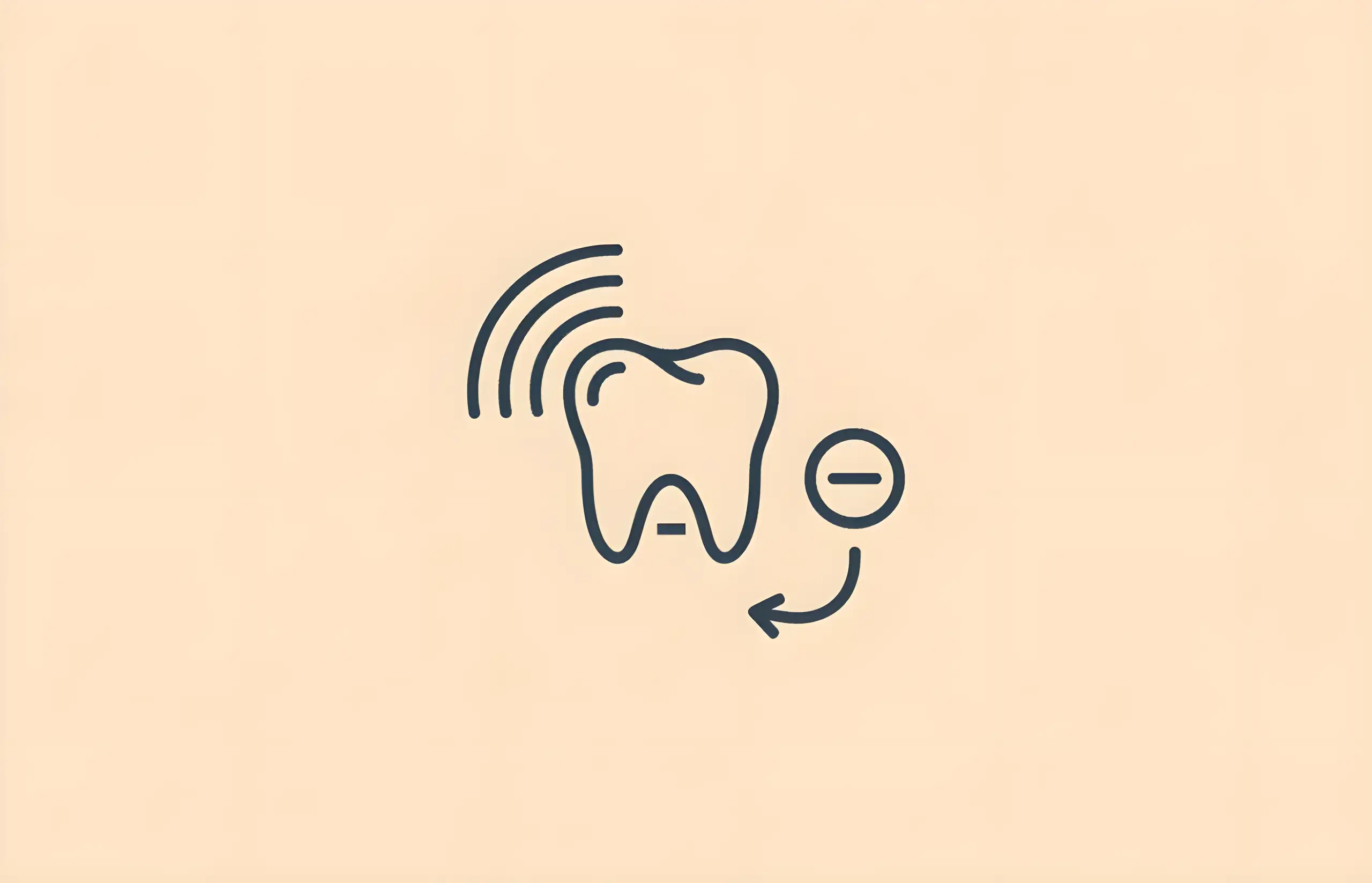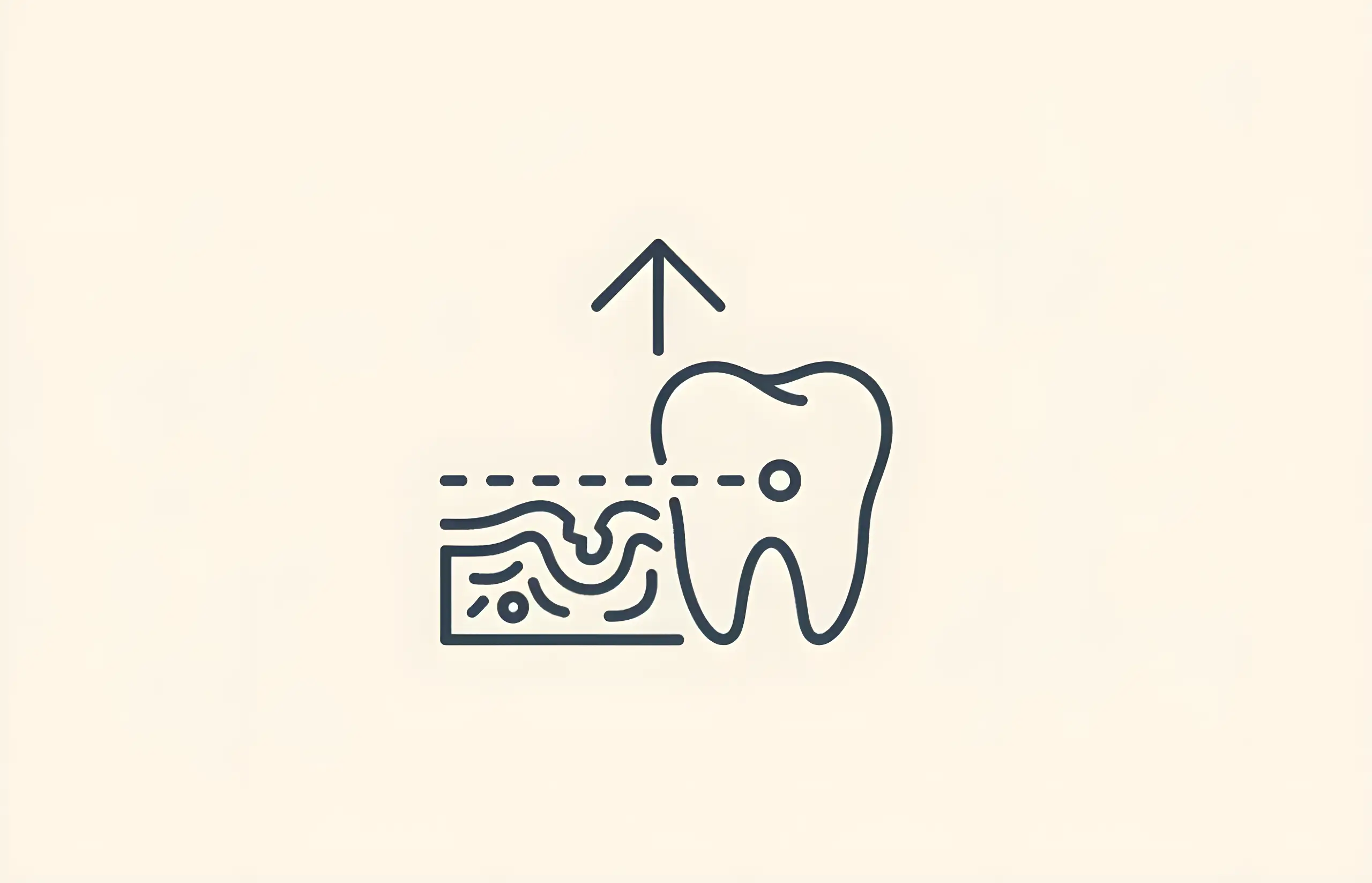Nowadays, many patients with missing teeth choose dental implants as replacements. This revolutionary option can help restore your mouth's health and functionality, as well as the beauty of your smile. Not to mention, implants are a long-term solution that are as close as you can get to natural teeth.
One common query from patients with a history of gum disease (otherwise known as periodontal disease) is, "Can you have dental implants with gum disease?"
Symptoms of Gum Disease
You may be surprised to learn that periodontal disease is the leading cause of tooth loss among adults, affecting half of Americans over age thirty at some point in their lives. Recognizing the signs of early gum disease can help prevent damage and tooth loss down the road.
Here are some symptoms that frequently point to periodontitis:
- Bleeding gums
- Receding gum line
- Inflamed gums that are bright red or purple
- Gaps between teeth and gums
- A bad taste in your mouth that doesn't go away
- Chronic bad breath (otherwise known as halitosis)
- Loose teeth
Does Gum Disease Prevent Dental Implants?
Healthy gums and bone are necessary for any dental implants. But can you have dental implants with gum disease?
The answer is yes, as long as the issue has been corrected. Most people are viable candidates for dental implants, even if they've suffered from gum disease in the past. However, you cannot have an active infection when you undergo surgery. An active infection puts you at higher risk for further infections and implant loss, and in this case, treatment should be delayed.
Because previous periodontal disease may have caused weakened gum or jawbone tissue, it's important to discuss your history with your dentist. Some patients are left with insufficient bone structure for the implant to integrate with the bone after gum disease. In these cases, bone or soft tissue grafts may be required before implant surgery.
But the good news for those wondering, "Can you have dental implants with gum disease?" is that even if you have significant bone loss, most people can undergo the procedure.
Treatment of Gum Disease
There are several lifestyle changes that help keep gum disease at bay. Following these dental hygiene best practices should keep your mouth healthy:
- Visit the dentist regularly
- Stop smoking
- Floss daily
- Brush for two minutes, two times per day
- Maintain good oral hygiene practices, such as limiting your alcohol intake
However, if you notice any signs of gum disease mentioned above, a periodontist can help treat it. Treatments like root planing/scaling and polishing teeth may be necessary if you have an active infection. If you are interested in dental implants, these treatments will also help ensure that your surgery is successful.
Once the periodontitis is under control, you can proceed with dental implants. It's critical to inform your dentist about your history with gum disease. Communicating about this past condition will help them ensure that you receive the results you desire.
Sources and References
-
[1]
Clinical outcomes of dental implants in patients with and without history of periodontitis: A 20‐year prospective studyJournal of Clinical Periodontologyhttps://pmc.ncbi.nlm.nih.gov/articles/PMC9804375/
-
[2]
Prevalence of periodontal disease, its association with systemic diseases and preventionInternational Journal of Health Scienceshttps://pmc.ncbi.nlm.nih.gov/articles/PMC5426403/
-
[3]
History of periodontitis as a risk factor for implant failure and incidence of peri-implantitis: A systematic review, meta-analysis, and trial sequential analysisClinical Implant Dentistry and Related Researchhttps://pubmed.ncbi.nlm.nih.gov/38720611/
-
[4]
Bone Grafts and Substitutes in Dentistry: A Review of Current Trends and DevelopmentsMoleculeshttps://pmc.ncbi.nlm.nih.gov/articles/PMC8158510/
All sources accessed and verified on . Medical information reviewed for accuracy and compliance with current guidelines.
Related Articles

Alternatives to Dental Implants
Comprehensive guide to dental implant alternatives including fixed bridges, resin-bonded bridges, partial dentures, and complete dentures with cost comparisons

Are Dental Implants Covered by Insurance?
Comprehensive guide to dental implant insurance coverage, what plans typically cover, alternative payment options, and important information about the dental implant procedure

Are Dental Implants Painful?
Comprehensive guide to dental implant pain, including what to expect during surgery, post-operative recovery, pain management, and healing timeline

What Is The Best Bone Graft Material For Dental Implants?
Understanding autografts, allografts, and xenografts for dental implant bone grafting including success rates, benefits, and which material is right for you

Can Dental Implants Repair Bone Loss?
Understanding how dental implants can prevent and repair bone loss, including causes of bone loss, treatment options, and the role of bone grafts in implant procedures

Are There Cheaper Alternative To Dental Implants?
Exploring affordable alternatives to dental implants including bridges, dentures, and All-on-4, with detailed information about costs, benefits, and drawbacks of each option

What Is The Cheapest Country For All On 4 Dental Implants?
Learn about affordable All-on-4 dental implants abroad including popular destinations like Mexico, Hungary, Poland, and Turkey, with success rates, safety considerations, and cost comparisons

How Much Does A Dental Implant Bone Graft Procedure Cost in the UK?
Complete guide to bone graft costs (£295-£2,400 per site), procedure details, reasons for bone grafts, and benefits of bone grafting for dental implants

What Causes Dental Implant Pain Years Later?
Comprehensive guide to late dental implant complications including peri-implantitis, osseointegration failure, nerve damage, and bone loss, with prevention strategies and treatment timelines

Everything You Need to Know about Dental Implants and MRI Safety
Comprehensive guide to MRI safety with dental implants including titanium compatibility, heating effects, displacement risks, artifact formation, ferromagnetic vs paramagnetic materials, and safety guidelines

What is a Normal Dental Implant Removal Recovery Time?
Comprehensive guide to dental implant removal procedures, recovery timeline (1-5 days), failure causes, removal techniques, and immediate reimplantation options with 96.7% success rate at 1 year

Dental Implants: Problems and Side Effects
Comprehensive guide to dental implant complications, risk factors (smoking, diabetes, gum disease), common side effects, peri-implantitis, infection rates, prevention strategies, and alternative treatments

Dental Implant Costs In The UK – Single Tooth and Full Mouth
Complete guide to dental implant costs, financing options, success rates, and what to expect from single tooth to full mouth implant treatments in the UK

Can You Get Dental Implants Under General Anaesthetic?
Comprehensive guide to anaesthesia options for dental implant surgery, including general anaesthesia, conscious sedation, and local anaesthetic choices

How Long Do Dental Implants Last?
Longevity and Survival Rates (96.8% at 10 Years, 94.0% at 15 Years, 78% at 20 Years)

What If You Do Not Have Enough Bone For A Dental Implant?
Comprehensive guide to bone augmentation procedures including ridge expansion, bone grafts, sinus lifts, and distraction osteogenesis for successful dental implant placement when jawbone is insufficient

The Pros and Cons of Dental Implants
A balanced overview of the advantages and disadvantages of dental implants compared to other tooth replacement options

Causes Of Swelling After A Dental Implant Bone Graft
Comprehensive guide to post-operative swelling after bone graft surgery, timeline, risk factors, management strategies, and when to seek medical attention
About The Dental Guide
The Dental Guide is a trusted online resource providing evidence-based information about dental health, treatments, and procedures. Our content is created and reviewed by qualified dental professionals to help you make informed decisions about your oral health.
Our Mission
- Evidence-based dental information
- Expert-reviewed content
- Clear, accessible explanations
- Latest treatment options
- Patient-focused guidance
Editorial Standards
- GDC-registered dental professionals
- Peer-reviewed sources
- Regular content updates
- Medical accuracy verification
- Transparent authorship
Important Notice
The information on The Dental Guide is for educational purposes only and should not replace professional dental advice. Always consult with a qualified dentist for diagnosis and treatment recommendations tailored to your individual needs and circumstances.
Medically Reviewed
Reviewed by Dr. Nasim Mechoui , BDS (Bristol)
Share this article
Comments & Discussion
Have questions about dental implants? Share your thoughts or experiences.
